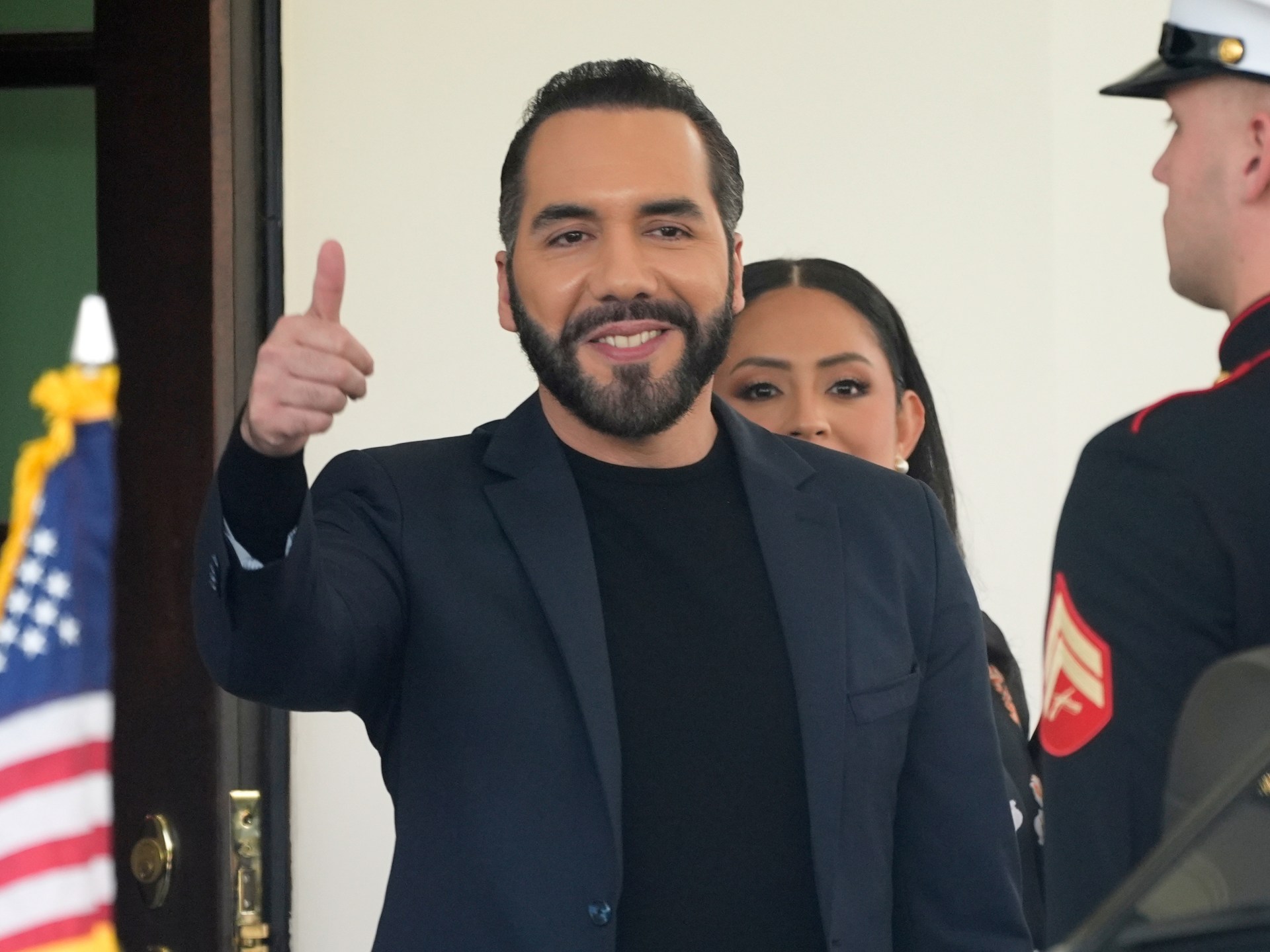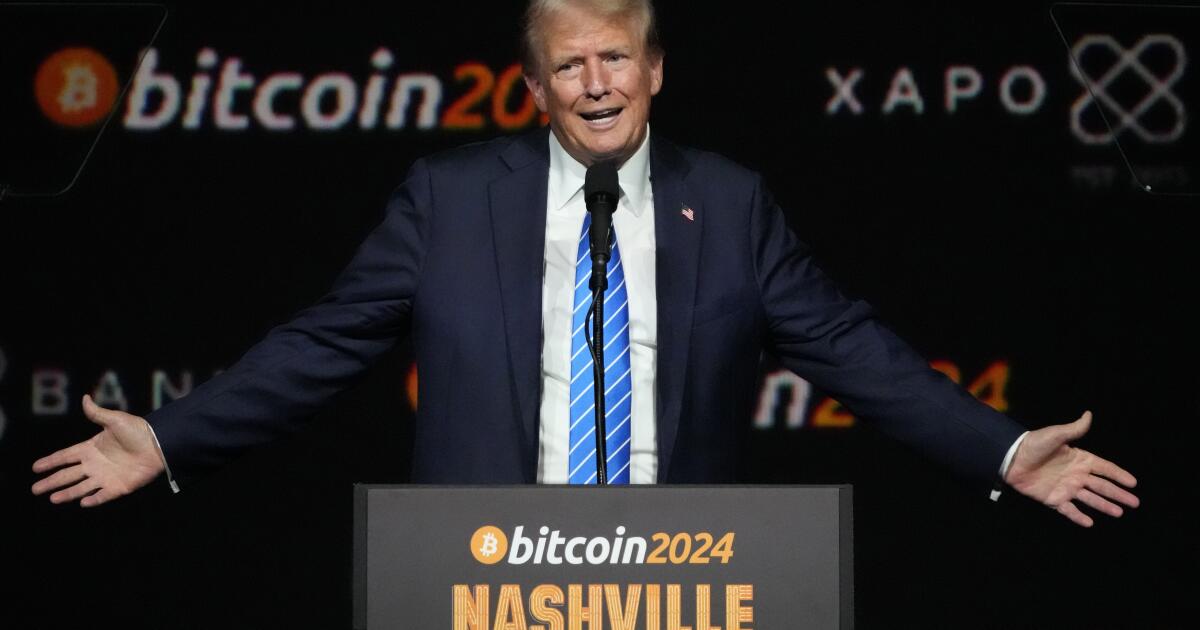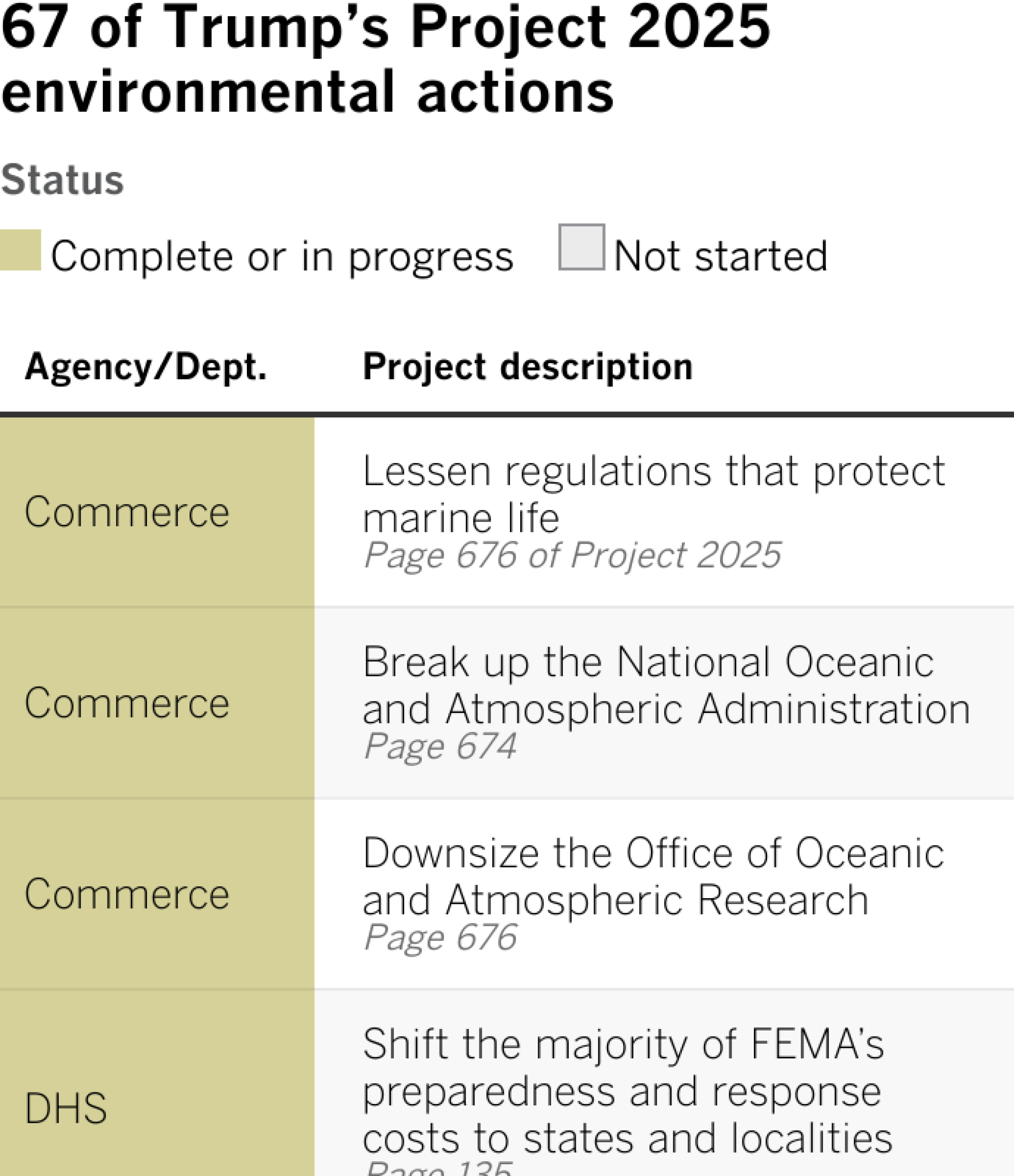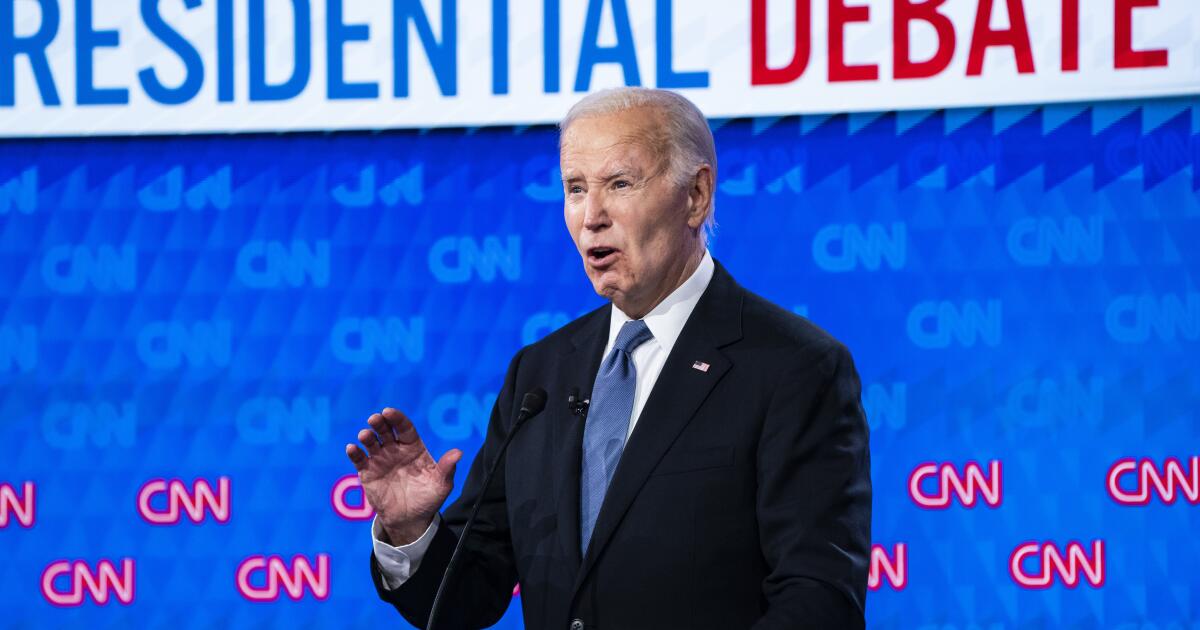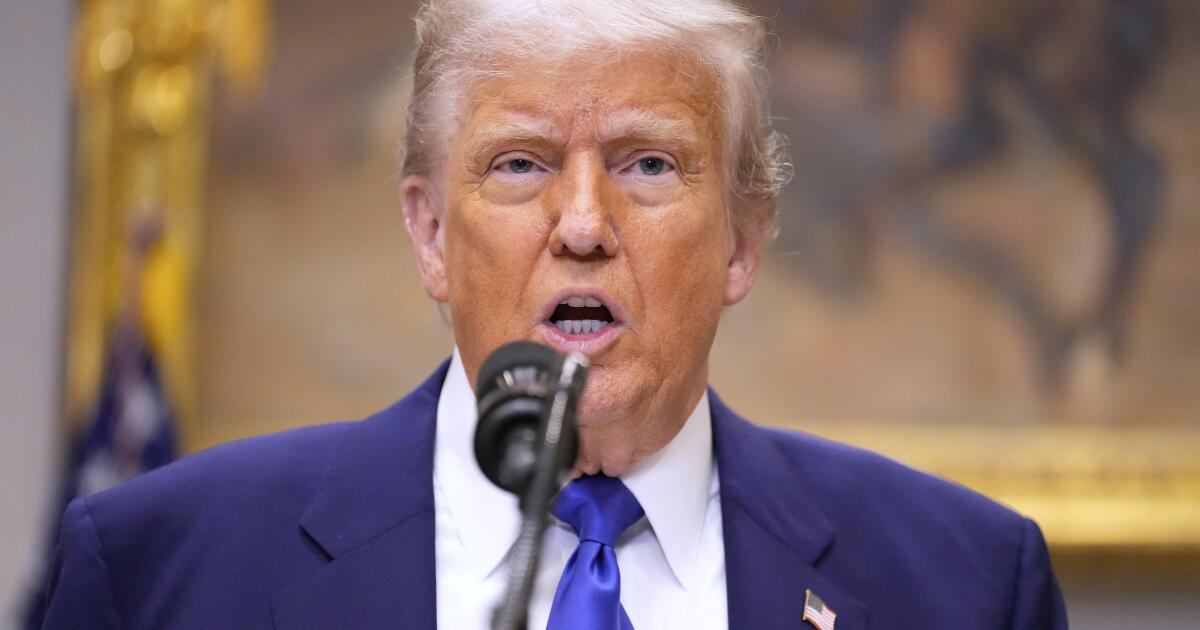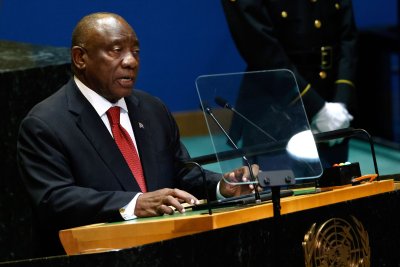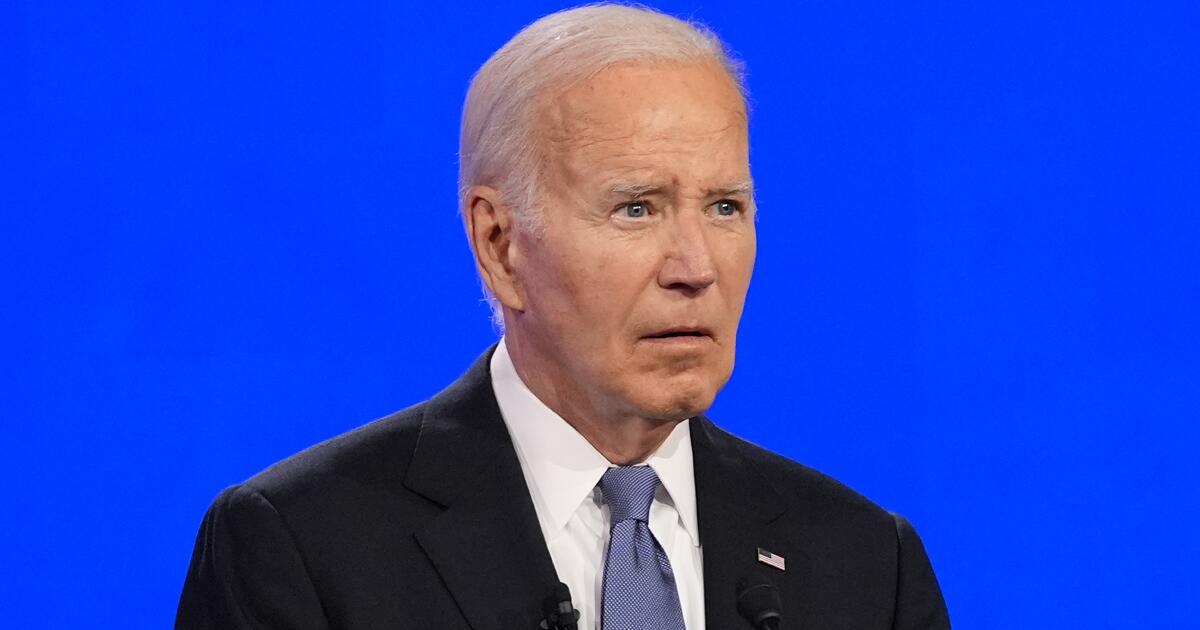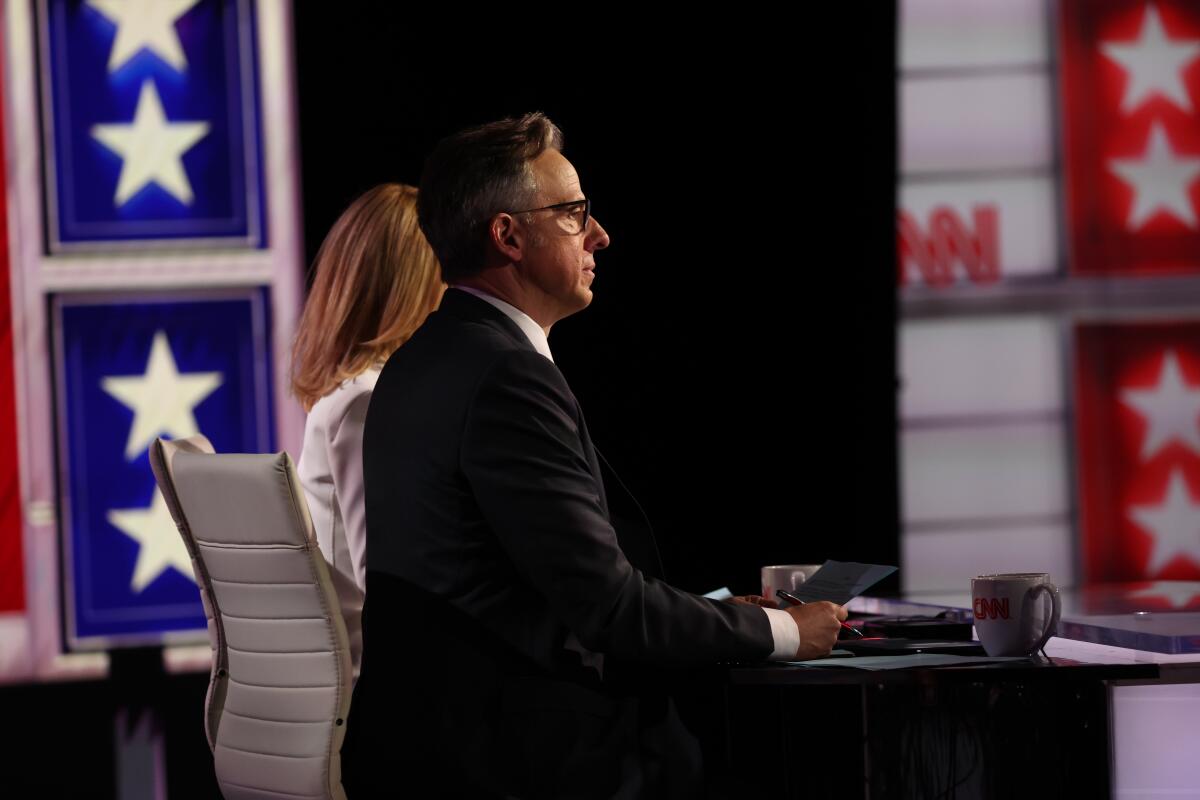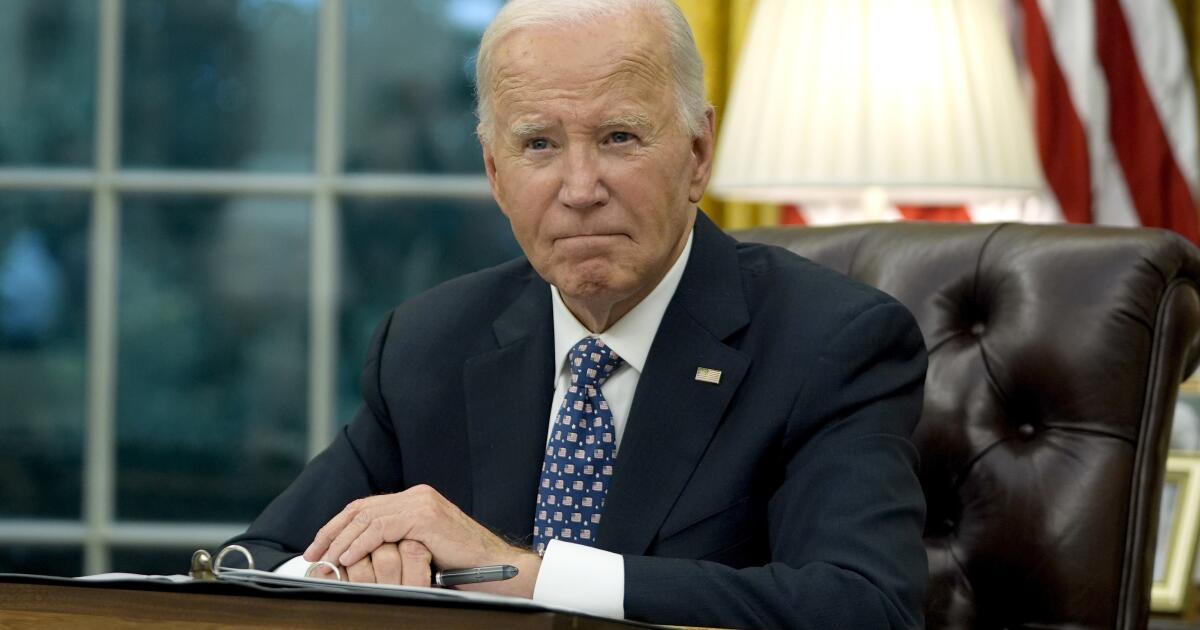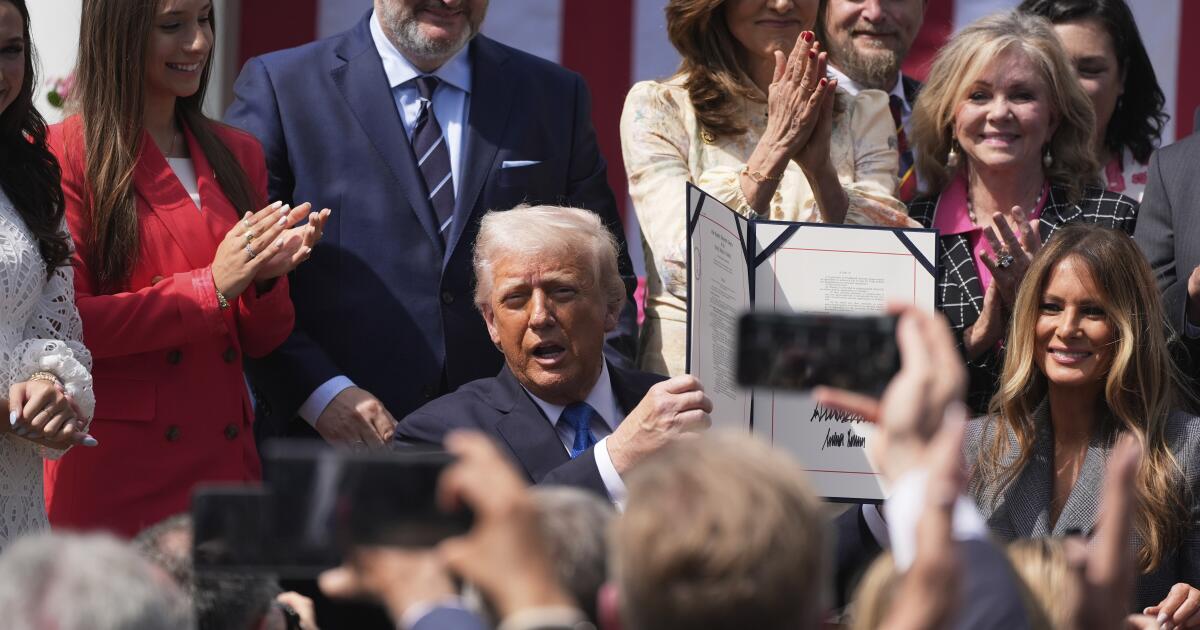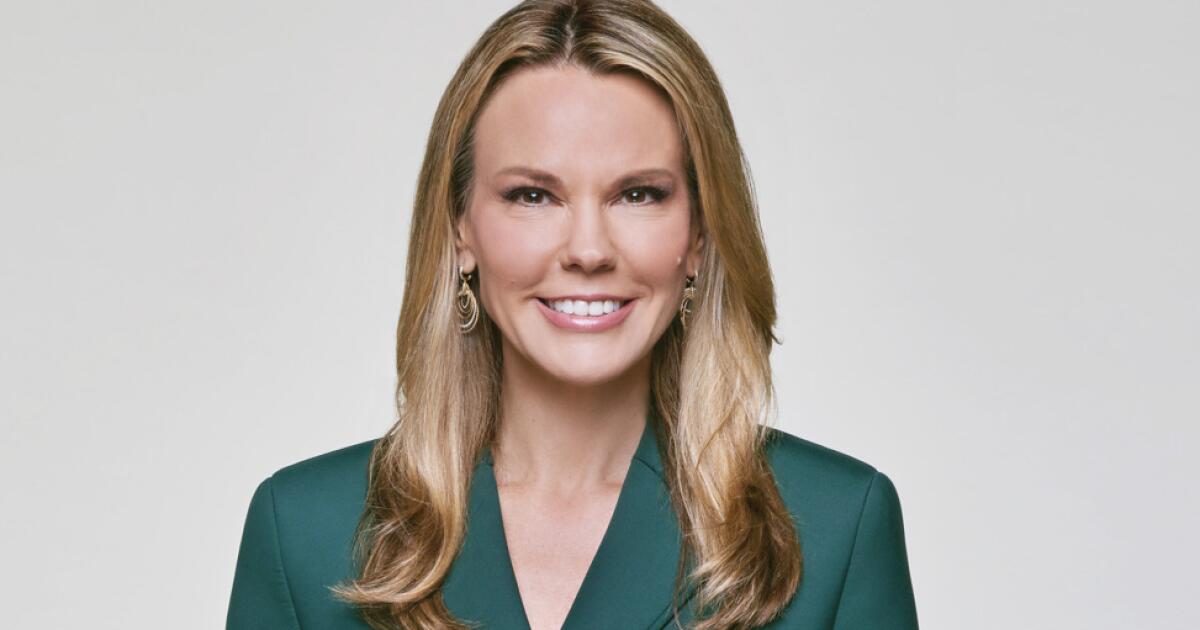WASHINGTON — The revelation that former President Biden has advanced prostate cancer generated more questions than answers on Monday, prompting debate among experts in the oncology community over the likely progression of his disease and resurfacing concerns in Washington over his decision last year to run for reelection.
Biden’s private office said Sunday afternoon that he had been diagnosed earlier in the week with an “aggressive form” of the cancer that had already spread to his bones, after urinary symptoms led to the discovery of a nodule on his prostate.
But it was not made clear whether Biden, 82, had been testing his prostate-specific antigens, known as PSA levels, during his presidency — and if so whether those results had indicated an elevated risk of cancer while he was still in office or during his campaign for reelection.
Biden’s diagnosis comes at a difficult time for the former president, as scrutiny grows over his decision to run for a second term last year — and whether it cost the Democrats the White House. Biden ultimately dropped out of the race after a devastating debate performance with Donald Trump laid bare widespread concerns over his age and health, leaving his successor on the Democratic ticket — Vice President Kamala Harris — little time to run her own campaign.
A book set to publish this week titled “Original Sin,” by journalists Jake Tapper and Alex Thompson, details efforts by Biden’s aides to shield the effects of his aging from the public and the press. The cancer diagnosis only intensified scrutiny over Biden’s health and questions as to whether he and his team were honest about it with the public.
“I think those conversations are going to happen,” said David Axelrod, a former senior advisor to President Obama.
President Trump, asked about Biden’s diagnosis during an Oval Office event Monday, said it was “a very, very sad situation” and that he felt “badly about it.”
But he also questioned why the cancer wasn’t caught earlier, and why the public wasn’t notified earlier, tying the situation to questions he has long raised about Biden’s mental fitness to serve as president.
PSA tests are not typically recommended for men over 70 due to the risk of false positive results or of associated treatments causing more harm than good to older patients, who are more likely to die of other causes first.
But annual physicals for sitting presidents — especially of Biden’s age — are more comprehensive than those for private citizens. And a failure to test for elevated PSA levels could have missed the progression of the disease.
A letter from Biden’s White House physician from February of last year made no mention of PSA testing, unlike the most recent letter detailing the results of Trump’s latest physical, which references a normal measurement. Biden’s current aides did not respond to requests for comment on whether his office would further detail his diagnostic testing history.
Even if his doctors had tested for PSA levels at the time, results may not have picked up an aggressive form of the cancer, experts said.
Some specialists in the field said it was possible, if rare, for Biden’s cancer to emerge and spread since his last physical in the White House. Roughly 10% of patients who are newly diagnosed with prostate cancer are found with an advanced form of the disease that has metastasized to other parts of the body.
Dr. Mark Litwin, the chair of UCLA Urology, said it is in the nature of aggressive prostate cancers to grow quickly. “So it is likely that this tumor began more recently,” he said.
Litwin said he does not doubt that Biden would have been screened for elevated PSA levels. But, he said, he could be among those patients whose cancers do not produce elevated PSA levels or whose more aggressive cancers rapidly grow and metastasize within a matter of months.
“The fact that he has metastatic disease at diagnosis, to me, as an expert in the area and as a clinician taking care of guys with prostate cancer all the time, just says that he is unfortunate,” Litwin said.
Litwin and other experts in prostate cancer from USC, Stanford, Johns Hopkins, Cedars-Sinai and the Dana-Farber Cancer Institute all told The Times that Biden’s diagnosis — at least based on publicly available information — was not incredibly unusual, and similar to diagnoses received by older American men all the time.
They said he and his doctors absolutely would have discussed testing his PSA levels, given his high level of care as president. But they also said it would have been well within medical best practices for him to decide with those doctors to stop getting tested given his age.
Dr. Howard Sandler, chair of the Department of Radiation Oncology at Cedars-Sinai, said he sees three potential explanations for Biden’s diagnosis.
One is that Biden and his doctors made a decision “to not screen any longer, which would be well within the standard of care” given Biden’s age, he said.
A second is that Biden’s was tested, and his PSA level “was elevated, maybe not dramatically but a little bit elevated, but they said, ‘Well, we’re not gonna really investigate it,’” again because of Biden’s age, Sandler said.
The third, which Sandler said was “less likely,” is that Biden’s PSA was checked “and was fine, but he ended up with an aggressive prostate cancer that doesn’t produce much PSA” and so wasn’t captured.
Zeke Emanuel, an oncologist serving as vice provost for global initiatives at the University of Pennsylvania and a former health policy official in the Biden administration, told MSNBC that Biden has likely had cancer for “more than several years.”
“He did not develop it in the last 100, 200 days. He had it while he was president. He probably had it at the start of his presidency, in 2021,” Emanuel said.
But Litwin, who said he is a friend of Emanuel’s, said most men in their 70s or 80s have some kind of prostate cancer, even if it is just “smoldering along” — there but not particularly aggressive or quickly spreading — and unlikely to be the cause of their death.
He said Biden may well have had some similar form of cancer in his prostate for a long time, but that he did not believe that the aggressive form that has metastasized would have been around for as long as Emanuel seemed to suggest.
Departing Rome aboard Air Force Two, Vice President JD Vance told reporters he was sending his best wishes to the former president, but expressed concern that his recent diagnosis underscored concerns over Biden’s condition that dogged his presidency.
“Whether the right time to have this conversation is now or in the future, we really do need to be honest about whether the former president was capable of doing the job,” Vance said. “I don’t think that he was in good enough health. In some ways, I blame him less than I blame the people around him.”
Trump’s medical team has also faced questions of transparency.
When Trump was diagnosed with COVID-19 during his first term, at the height of the pandemic, he was closer to death than his White House acknowledged at the time. And his doctors and aides regularly use superlatives to describe the health of the 78-year-old president, with Karoline Leavitt, his White House press secretary, referring to him as “perfect” on Monday.
“Cancer touches us all,” Biden posted on social media alongside a photo with his wife, Jill Biden, in his first remarks on his diagnosis.
“Like so many of you, Jill and I have learned that we are strongest in the broken places,” he added. “Thank you for lifting us up with love and support.”




